Always Amber
Director: Lia Hietala, Hannah Reinikainen, Sweden, 2020
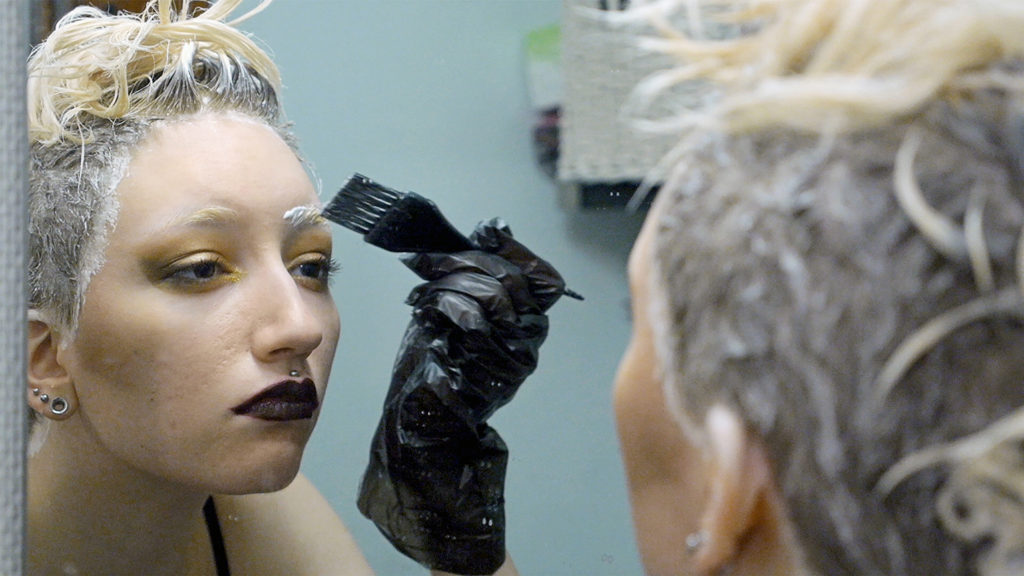
At the age of 17, Amber opted for the gender-neutral Swedish pronoun “hen” and began consulting a therapist specialising in gender identities. “If I lived with my friends on a deserted island where there are no norms, I might not be here,” says Amber. They are part of a new queer generation that confidently demands freedoms and opportunities not offered to them by society. Lia Hietala and Hannah Reinikainen’s long-term observational documentary spans three years and portrays not only Amber’s transition, but also the friendship with Sebastian. Supporting each other during their transitions, the two are for a long time inseparable. Their friendship breaks apart when they first experience romantic love, yet each remains a presence for the other… read more
Automotive
Director: Jonas Heldt, Germany, 2020

What is the value of work in the age of the digital revolution? In Ingolstadt, 20-year-old Sedanur spends her nights sorting car parts on the assembly line for the robots. In the vast factory as high as a house, forklifts circle each other beneath fluorescent lights and temp workers fight to keep their posts. Times are tough because Audi is about to cut a tenth of its workforce… read more
La casa dell’amore (The House of Love)
Director: Luca Ferri, Italy, 2020
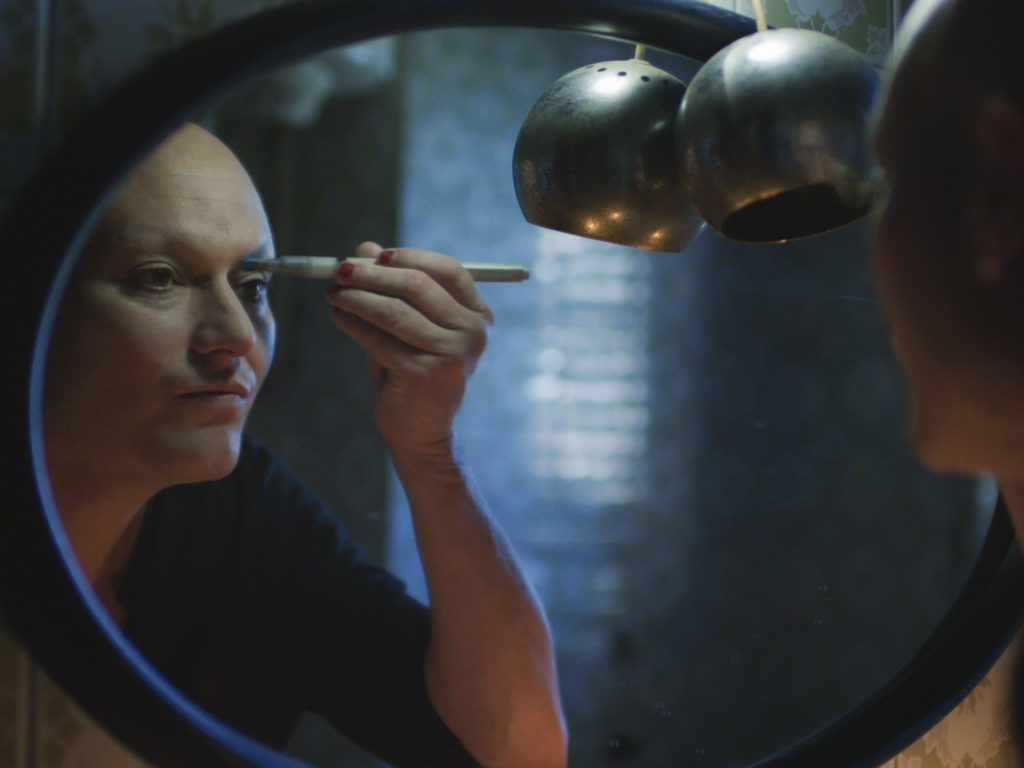
Throughout its 77 minutes, the film never once leaves the small Milan apartment of Bianca Dolce Miele, a dark safe space illuminated by the warm light of the occasional candle, with objects arranged with ritualistic intention and a black cat always on the roam. A map of the heavens hangs above the bed, the outside world is accessed via telephone. “I’m always here, any time,” she promises her clients in a deep, throaty voice. “Give me half an hour to put on something sexy for you.” Bianca’s appearances in this film are self-determined and withstand any kind of normative gaze… read more
Paris Calligrammes
Director: Ulrike Ottinger, Germany / France, 2019
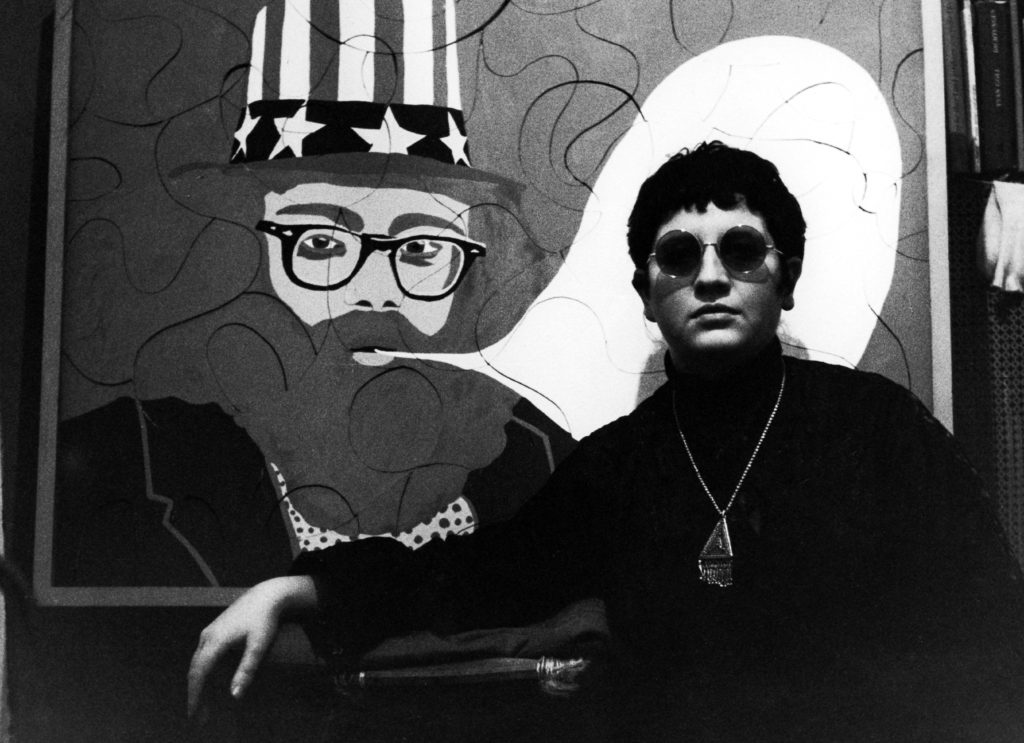
From a topographic perspective, Ulrike Ottinger’s cinema is mostly located between Berlin and remote places in the Far East or the Far North. In Paris Calligrammes, she explores the landscape of her memories of the city that she called home for 20 years and that helped shape her beginnings as a painter and filmmaker. Ottinger moved to Paris in her twenties and immersed herself in the cultural scene of the 1950s populated by heroes of the avant-garde and a new generation of artists and intellectuals… read more
Petite fille (Little Girl)
Director: Sébastien Lifshitz, France, 2020
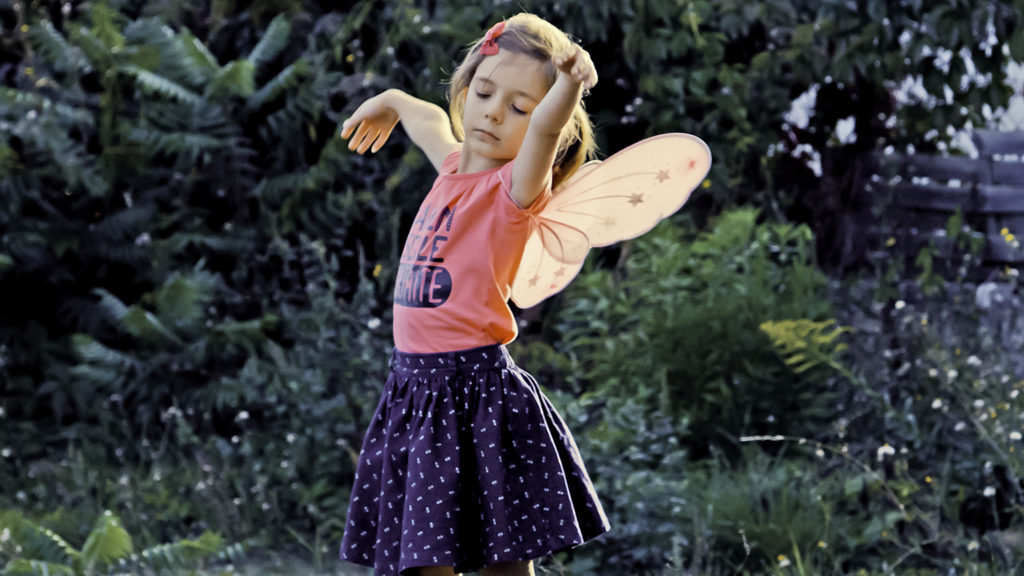
When she grows up, she will be a girl. This is something Sasha has dreamed of since childhood. Her family soon realises how serious she is. In addition to interviews with the parents, who acknowledge their daughter as such without hesitation, the film depicts the family’s tireless struggle against a hostile environment as well as their everyday lives. We see Sasha at play, practising ballet and during a visit to a therapist specialising in gender identities. At school, Sasha is not allowed to appear as a girl but must wear gender-specific boys’ clothes. Tenderly filmed images and close-ups of Sasha’s face create a gentle intimacy. Sometimes, it is as if she does not understand why everything is so complicated and why she cannot simply be what she is and wear what she wants… read more
Si c’était de l’amour (If It Were Love)
Director: Patric Chiha, France, 2020
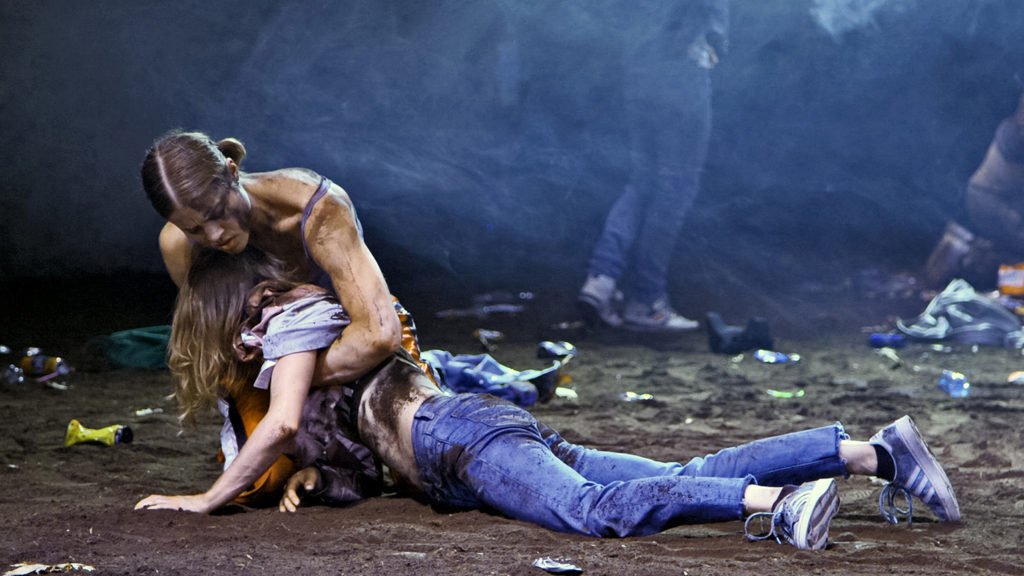
The film about Gisèle Vienne’s dance piece “Crowd” is a techno party gone rave, awash with repetitive movements, physical and emotional encounters between fifteen bodies charged with sexual energy. The camera keeps us plunged into the heart of the choreography, repeatedly zooming out to allow for an insight into the rehearsal process. Through staged one-on-one conversations between the performers, we learn about the background story of their characters. In this way, the characters in the choreography become the characters of the film: there is a trans boy, a “Nazi” boy that desires a gay boy, a girl attracted to troubled people, and a woman who exudes raw sexuality… read more
Vil, má (Divinely Evil)
Director: Gustavo Vinagre, Brazil, 2019
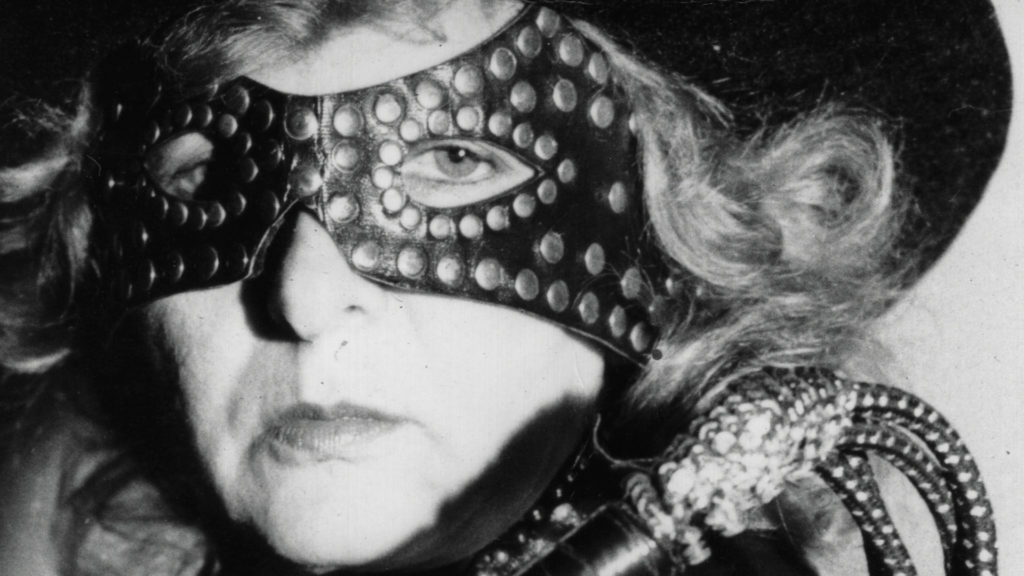
A drawing room with salmon-coloured walls, tapestries, busts, house plants, a dressmaker’s dummy. In a velvet armchair with gold trim sits Wilma Azevedo, 74, Brazil’s “queen of sadomasochistic literature”. She is asked by the director to tell the story of her life, which quickly branches out into a series of detailed erotic anecdotes involving green bananas, dildos made of sandpaper and over-stimulated nerves. In her heyday, she received 300 love letters a month, an incredible success story. Sometime her memory fails her, at which point the young actress in the background, who is supposed to play her in an upcoming film, comes to her aid… read more
Welcome to Chechnya
Director: David France, USA, 2020

In 2017, the LGBTQI* community, human rights defenders and allies all over the world were shocked by the devastating news of crimes being committed in the Russian republic of Chechnya. In a coordinated action, the authorities were rounding up gay and bisexual men and women, and taking them to illegal prison facilities where they were tortured and forced to out others, with the result that they were either executed or released to their families where they were often subjected to “honour killings”. In an interview, Kremlin-backed Chechen leader Ramzan Kadyrov denied all accusations, claiming that there are no queer people in Chechnya… read more